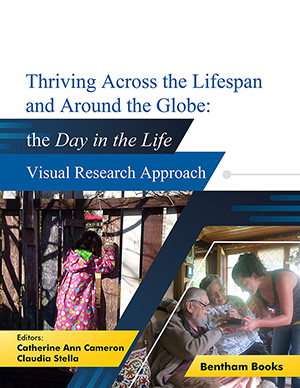Abstract
This chapter highlights particular qualitative methodological issues. An outline of grounded theory, a major analytical approach, is presented. It involves refinement and confirmation of themes. Transcription coding schemes are essential for analyzing discourse and interviews. Analysis can be done manually or by qualitative software. Through constant comparisons of information from within each category, codes can be collapsed into manageable categories. Inter-rater reliability is important. Software can run descriptive analyses of coded data, based on a list of codes entered into the program. Emergent general patterns within and across domains or categories can be formulated. Social science and pedagogical theory are foundations of ethnography. Qualitative community-based research has the potential to uncover the meanings of concepts, how they are constructed and displayed, and the effects of definitions and constructs. Socio-cultural research methodologies, qualitative research and ethnography specifically center on the intersection of social, cultural and individual factors as mediators in people’s lives. Institutional settings, classroom learning environments and community settings offer opportunities for exploration and initiation into qualitative research reasoning, conceptualization and methodologies. Instructional goals affect skills development and influence how students and faculty think about research. Thinking about research in general and reflecting on QCR in particular are essential for the intent, design, methodology and use of a research project. Central issues for QCR are the identification and application of its organizing principles. Several implications can be noted. Research requires conceptualization, not just design and methodology. Rigor is necessary. Qualitative research training and emulation are needed.
Keywords: Grounded Theory Analysis, Theory and Practice, Qualitative Community Research Principles, Implications.













